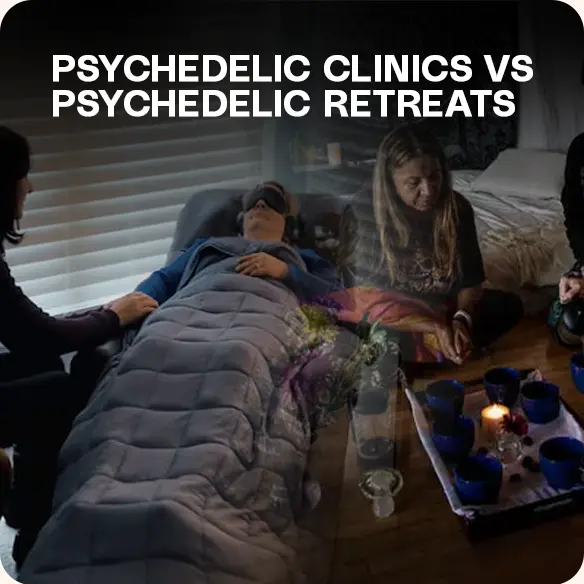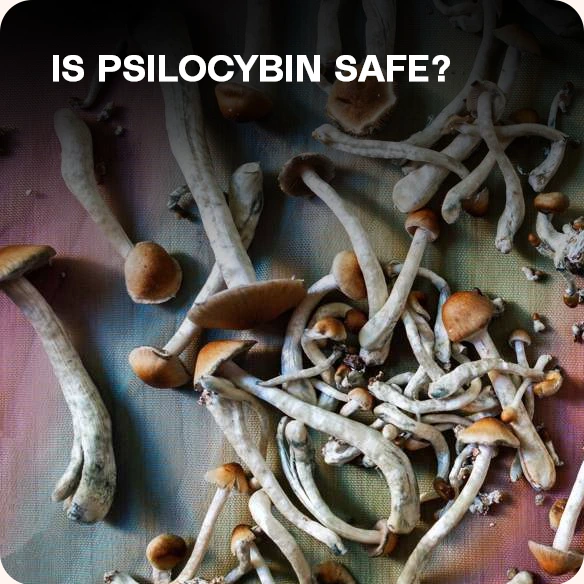The placebo effect in microdosing is a hot topic. Some people swear by the benefits—improved mood, better focus, and enhanced creativity. Others think it’s all in their heads, claiming these results are just a placebo effect. Are the benefits of microdosing psilocybin real, or is it just belief doing the work?
Microdosing involves taking tiny amounts of psilocybin, not enough to trip but enough to feel subtle shifts. The challenge is figuring out if these changes come from the psilocybin itself or if people feel better simply because they expect to. With more and more people turning to microdosing for self-improvement, understanding what’s really happening matters.
We’ll dive into why this debate exists, what the science says, and what it means for those considering microdosing. If you want to explore the basics before diving deeper, check out our psilocybin mushrooms guide to get started.
Let’s break it down.
What Is the Placebo Effect?
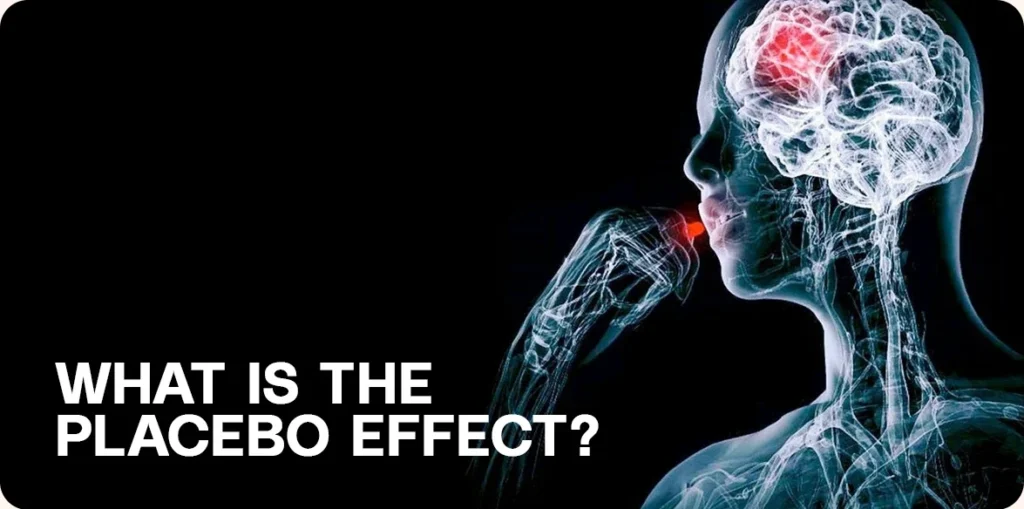
The placebo effect happens when someone experiences real changes in their mood, mindset, or body simply because they believe something is working—even when it has no active ingredient. It’s a psychological response where expectations alone create actual effects.
Examples of the Placebo Effect
- Fake Painkillers That Work – In studies, people given sugar pills (with no real medicine) often report pain relief just because they believe they took a real drug.
- Sham Surgeries That Improve Symptoms – Some patients who undergo fake surgeries (where doctors don’t actually fix anything) still feel better because they expect a positive outcome.
- Caffeine Without Caffeine – If someone drinks decaf coffee but believes it’s regular coffee, they might still feel energized and alert.
The big question is: Is microdosing actually doing something, or are people just experiencing the placebo effect?
Microdosing Research
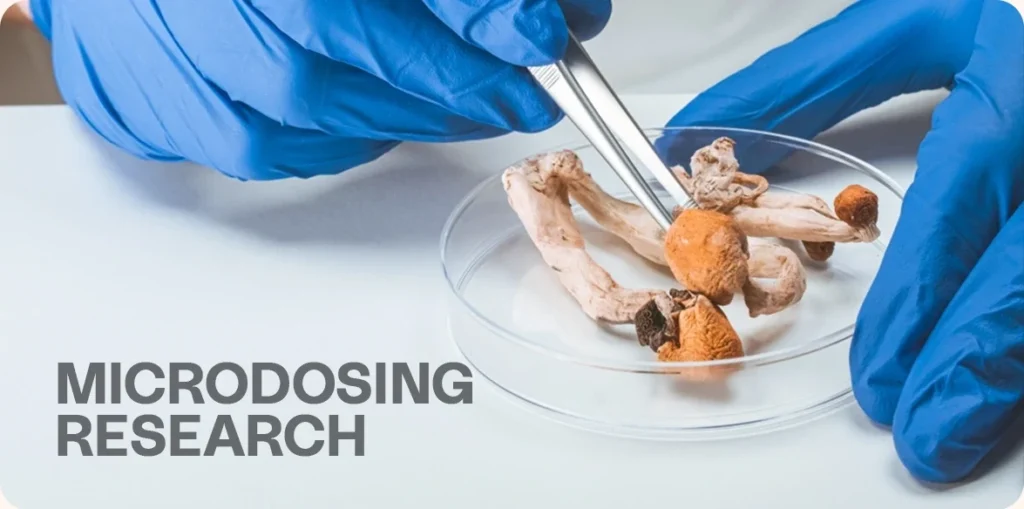
Scientists have been testing microdosing to see if the benefits come from psilocybin or just belief. Some studies say it works. Others say it’s all in your head. Here’s what the research actually shows.
What Do Studies Reveal About Placebo vs. Psilocybin Effects?
- A 2021 study from Imperial College London had 191 participants take either a real psilocybin microdose or a placebo for four weeks. The result? Both groups reported similar improvements in mood, focus, and creativity. This suggests that expectation alone could explain the benefits.
- A 2019 study published in Biological Psychiatry tested psilocybin’s effects on the brain using fMRI scans. It found that even small doses changed brain activity, especially in areas linked to mood and cognition. This suggests psilocybin does something, even in low amounts.
- A 2022 study from the University of Chicago tested microdoses of 0.5 mg, 1 mg, and 3 mg of psilocybin against a placebo. They found no major differences between the groups in mood or thinking ability. But some participants on real psilocybin felt more connected and open-minded, hinting at subtle effects.
- Another 2022 study from Maastricht University focused on long-term microdosing. After six weeks, the psilocybin group showed higher cognitive flexibility and lower stress levels compared to placebo. This suggests consistent microdosing might have real benefits over time.
The results are mixed, but psilocybin clearly interacts with the brain in ways that a placebo alone cannot.
What Users Report?
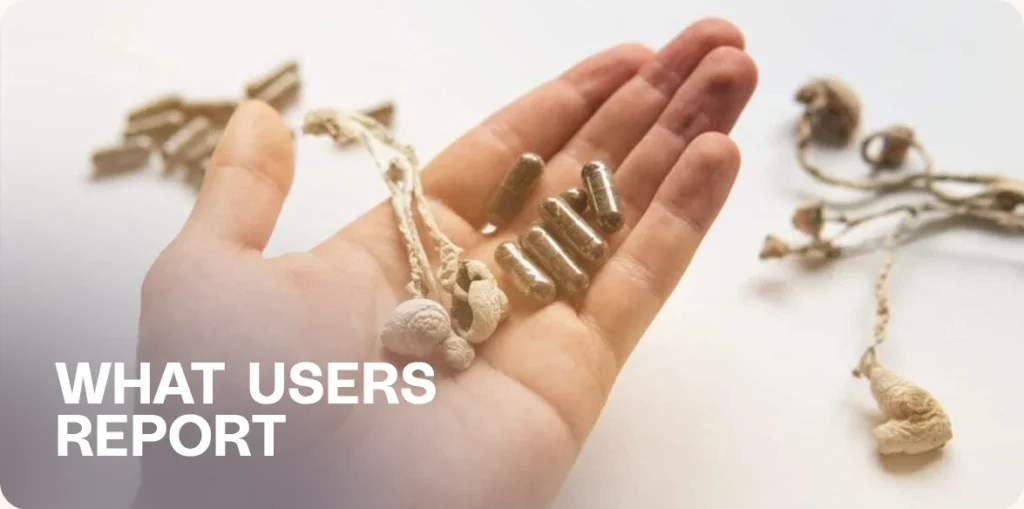
Scientific studies are mixed, but many people swear by microdosing. They say it helps with focus, mood, creativity, and motivation—even when research doesn’t always back it up. Personal experiences don’t count as scientific proof, but they do show why microdosing is becoming more popular.
What Anecdotal Evidence Supports the Benefits of Microdosing?
Many say microdosing helps them focus and stay productive. In online forums, people report feeling more engaged at work, less distracted, and better at problem-solving after taking small amounts of psilocybin. This is especially common among students and professionals looking for a natural way to improve mental clarity.
Creativity is another big reason people microdose. Artists, writers, and musicians often say it helps them think outside the box, come up with new ideas, and feel more connected to their work. Unlike higher doses, microdosing doesn’t cause hallucinations, but users describe a subtle shift in perspective that makes creative work feel more natural.
Some also microdose to manage stress and anxiety. While science is still catching up, many say it helps them stay calm and centered without feeling numbed out like with traditional medication.
The effects are personal—what works for one person might not work for another. But the fact that so many people report similar benefits keeps the microdosing conversation going. If you want to see how people use microdosing specifically for studying and focus, check out our microdosing for studying guide for more real-world examples.
Conclusion
Microdosing has two sides—what science says and what people experience. Some studies suggest the benefits are just placebo, while others show psilocybin still interacts with the brain, even at low doses. At the same time, thousands of people report better focus, creativity, and mood from microdosing, whether or not research fully explains it.
The key is balancing both perspectives. Science helps us understand what’s happening in the brain, but personal experience is just as important. If microdosing makes you feel better, more focused, or more creative, that’s what matters.
For those interested in microdosing, the best approach is to track your own results. Keep a journal, note any changes in mood or productivity, and see if there’s a real difference over time. Whether the benefits come from psilocybin or belief, what’s important is that it works for you.
The research will keep evolving, but for now, microdosing remains a promising tool for self-improvement—one that many people swear by, science or not.
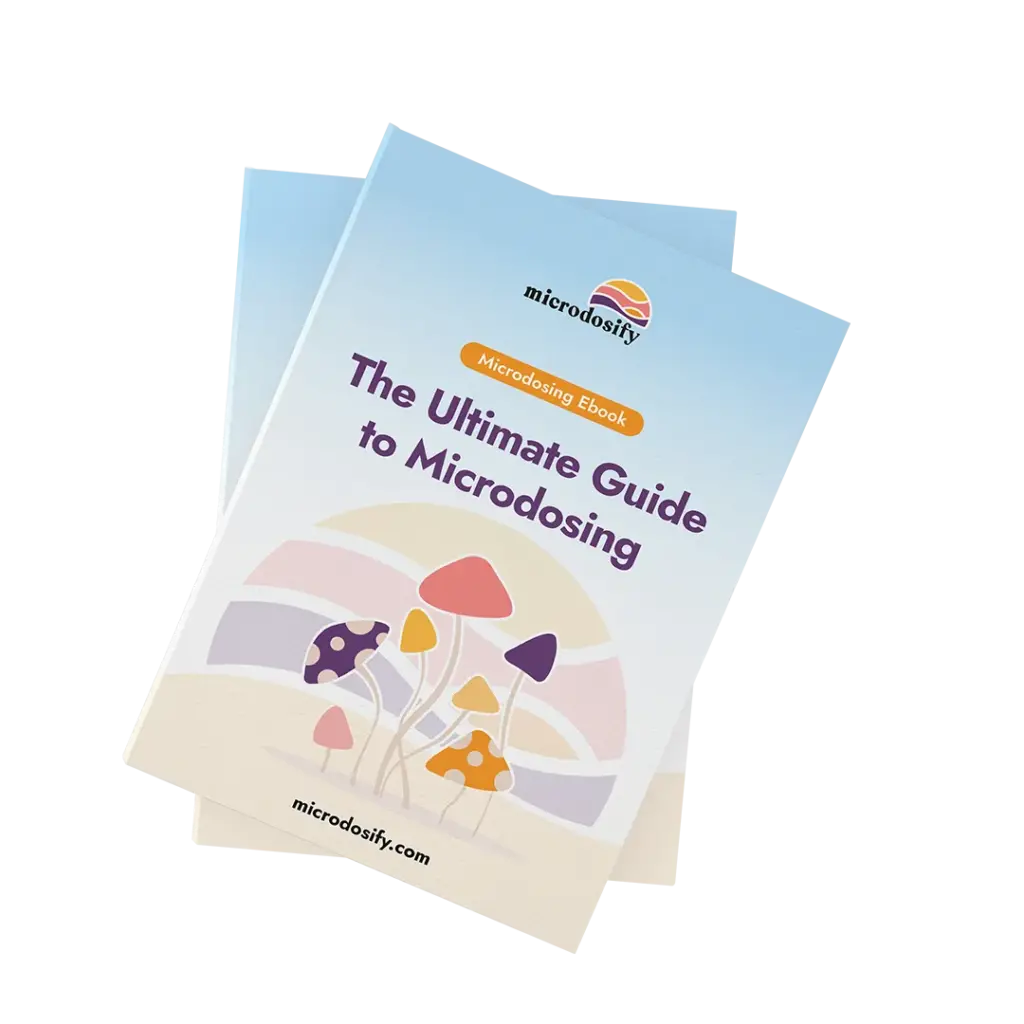

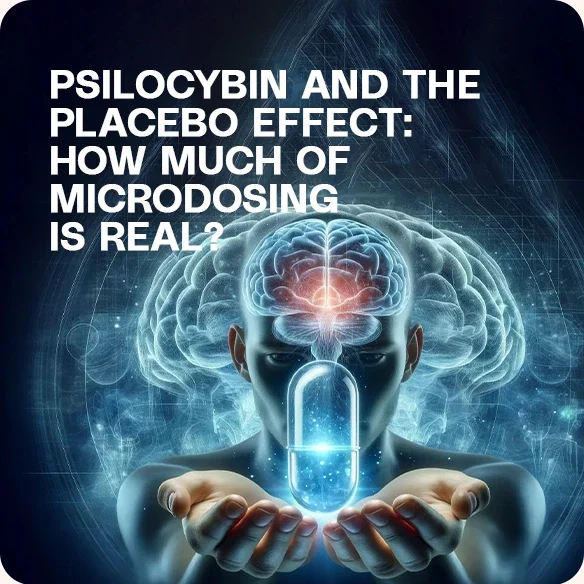
 5 min read
5 min read